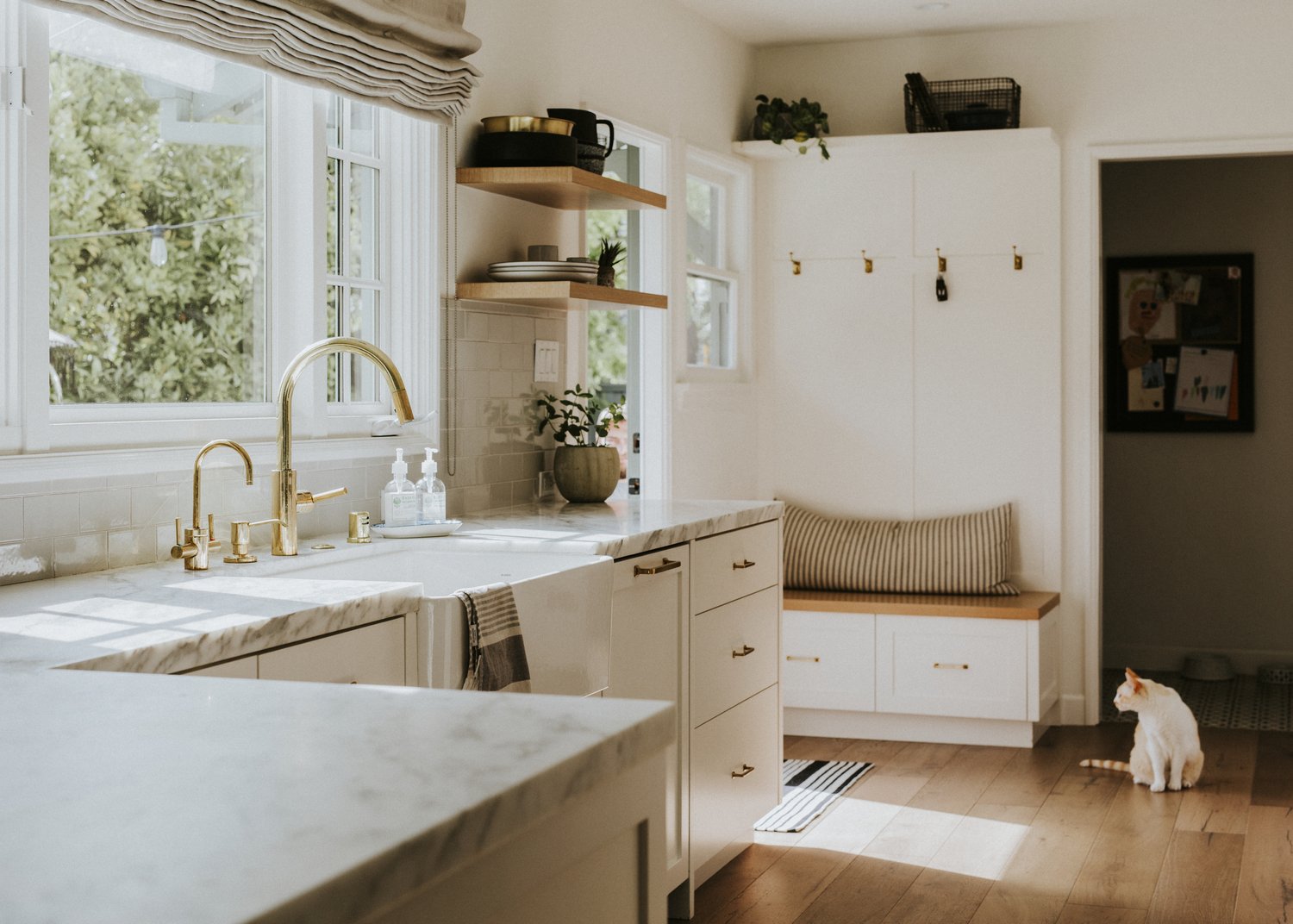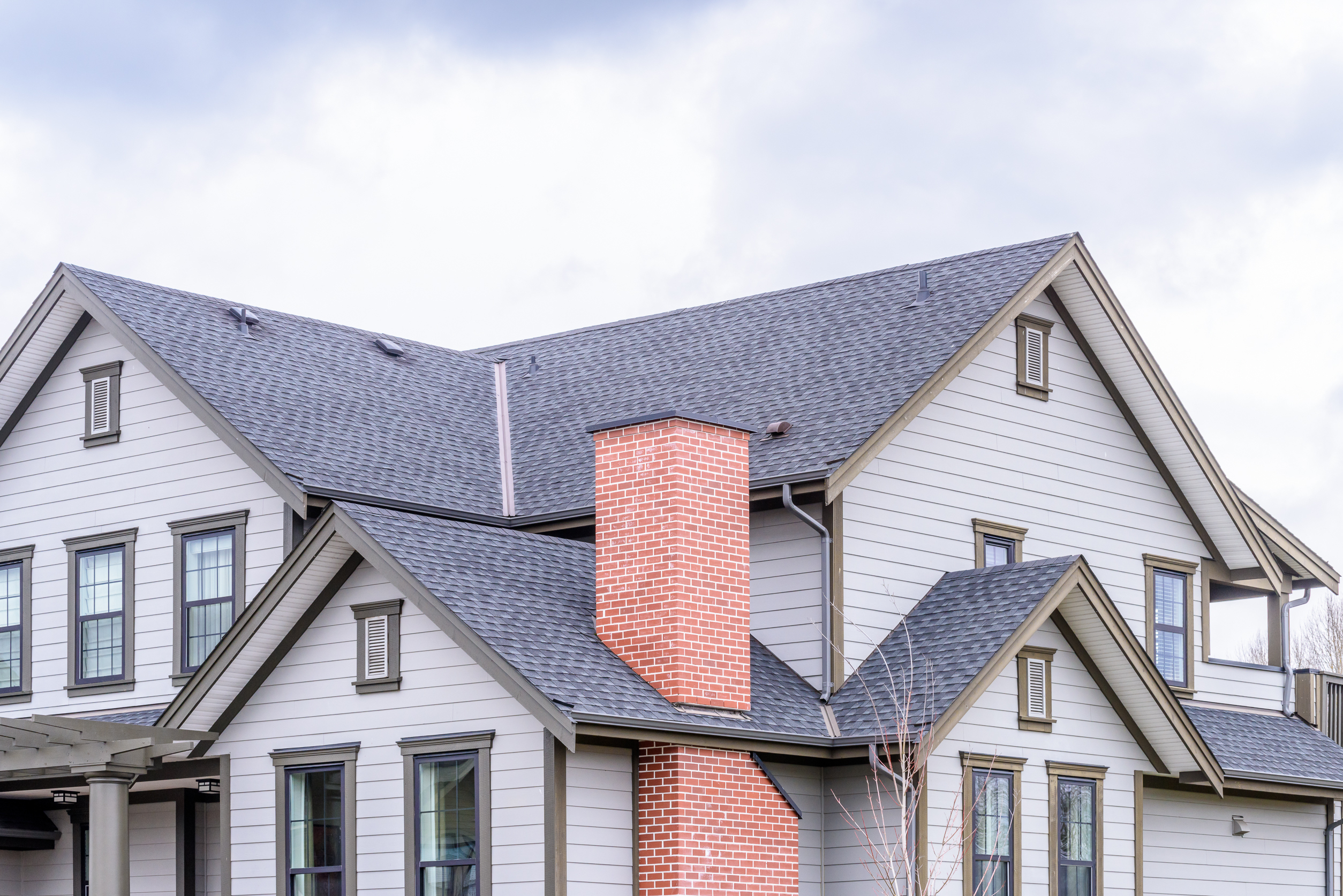Impact-resistant or hurricane windows have become increasingly popular in coastal regions and beyond. These specialized windows offer protection against severe weather events, but their benefits extend far beyond storm protection. From enhancing home security to reducing outside noise and potentially lowering insurance premiums, impact windows provide multiple advantages for homeowners. This article explores how these stormproof structures, their comprehensive benefits, and the regions where they’re most beneficial or even required by building codes.
How Impact-Resistant Windows Work
Impact-resistant windows are explicitly engineered to withstand high winds and flying debris during severe storms. Unlike standard windows that can shatter upon impact, these specialized windows feature a durable laminated glass construction similar to car windshields. The typical design consists of two glass panes bonded to a strong interlayer of polyvinyl butyral (PVB) or ethylene-vinyl acetate (EVA). When debris strikes, the glass may crack, but the interlayer holds the pieces together, preventing dangerous shards from scattering and maintaining the window’s structural integrity.
The frames supporting hurricane windows are equally important, typically constructed from reinforced aluminum, vinyl, or wood to withstand intense pressure. These frames are securely anchored to the building structure, creating a complete system to maintain the building envelope even during hurricane-force winds. The engineering behind these windows represents significant advancements in building technology, with manufacturers continuously improving designs to meet or exceed stringent building codes in coastal regions.
Storm Protection Benefits
The primary purpose of impact-resistant windows is to protect homes during hurricanes and severe storms. When conventional windows break during a storm, the resulting pressure changes inside a home can lead to catastrophic damage, including roof failure and structural collapse. Stormproof windows maintain the building envelope, preventing the pressure buildup that can cause devastating harm.
During hurricane season, homeowners with impact windows can avoid the hassle of installing temporary storm shutters or plywood coverings. This convenience factor becomes especially important for elderly residents, seasonal homeowners, or when storms develop rapidly, leaving little time for preparation. According to research from experts consulted by AskHomey, homes with properly installed impact-resistant windows experience significantly less damage during severe weather events than homes with standard windows and no protection.
Security Enhancement
Beyond weather protection, impact-resistant windows serve as an excellent security feature. The same construction that resists hurricane debris also creates a formidable barrier against break-ins. The laminated glass is tough to breach, even when cracked, as the interlayer continues to hold the glass together. This resistance to shattering gives homeowners valuable time in emergencies and often discourages potential intruders entirely.
Security windows like these are particularly valuable for ground-floor applications and in areas with higher crime rates. Many homeowners specifically choose impact windows for their security benefits, even in regions where hurricanes aren’t a concern. The peace of mind from enhanced security represents a significant quality-of-life improvement for residents worried about home invasions or vandalism.
Energy Efficiency and Noise Reduction
Impact-resistant windows typically offer superior insulation compared to standard windows. The multiple layers of glass and special interlayer material provide better thermal insulation, potentially reducing heating and cooling costs. Many hurricane windows also come with low-emissivity (low-E) coatings that reflect infrared light, keeping homes cooler in summer and warmer in winter.
An often-overlooked benefit is noise reduction. The same laminated construction that protects against impacts also significantly dampens sound transmission. Homeowners near busy streets, airports, or urban environments often report dramatic decreases in outside noise after installing impact windows. This sound insulation creates a quieter, more peaceful living environment and can be particularly valuable in maintaining sleep quality and reducing stress.
Hurricane Windows Cost and ROI
While the upfront hurricane window cost is higher than standard windows, many homeowners consider the investment worthwhile, considering the comprehensive benefits and potential long-term savings. Installation typically ranges from $90 to $400 per square foot, depending on window size, style, frame material, and regional labor costs. For an average home, complete installation might range from $8,000 to $30,000.
Despite this considerable investment, homeowners often recoup costs through insurance premium reductions, energy savings, and increased property value. Many insurance companies offer significant discounts for homes with impact-resistant windows, recognizing their effectiveness in reducing claims. Additionally, these windows eliminate the need for purchasing, storing, and installing temporary storm shutters or plywood before storms. Properly documented impact window installation typically increases property value when considering selling a home, particularly in coastal regions.
Where Impact Windows Are Needed
Impact-resistant windows are most commonly associated with hurricane-prone coastal areas, particularly in Florida, the Gulf Coast, and the Eastern Seaboard. Building codes in many of these regions require impact protection for new construction and substantial renovations. However, their use extends beyond these areas to regions susceptible to tornadoes, severe thunderstorms, and even regions where security or noise reduction is a primary concern.
Homeowners considering these windows should consult local building codes and insurance requirements, as specifications vary significantly by location. Working with experienced contractors familiar with regional requirements ensures proper installation that will perform as expected during severe weather events.
For more tips and to connect with reliable home service professionals, follow AskHomey on Facebook and Instagram.



